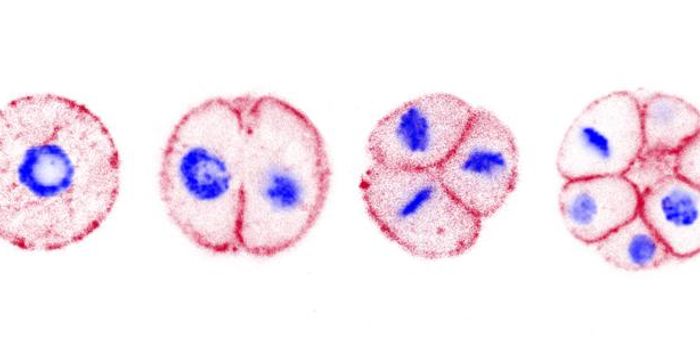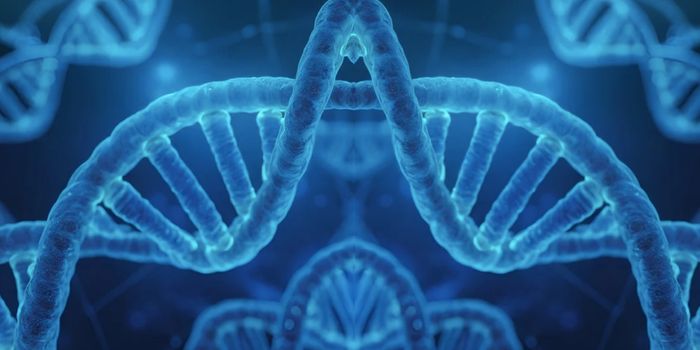
Orgenesis Inc. a leader in the emerging fields of cellular therapy and regenerative medicine, announced that it raised $1.5 million via a senior secured term loan facility.
Based in Israel, Orgenesis is out to solve Type 1 Diabetes as we know it. The funding will help to ramp up its ground breaking research on cellular trans-differentiation and put the company on the fast track towards human trials. Cellular trans-differentiation is the breakthrough innovation that works to restore a patient's natural insulin production and blood sugar regulation by enabling the patient's own liver cells create insulin.
"This infusion of funding allows us to aggressively move forward with the development of new medical technologies and cell therapies for the treatment of diabetes," said Vered Caplan, chairperson and CEO of Orgenesis. "The focus will immediately be on our Belgium subsidiary, Orgenesis SPRL, where all the funds will be used to advance our research on cellular trans-differentiation as a potential curative treatment for serious diseases such as type 1 diabetes and quicken our pace toward human trials."
The financing also opens the door for future funding and grants by making Orgenesis eligible to tap into additional government financing and grant opportunities in Europe.
Cellular trans-differentiation has the potential to release patients from constant monitoring and insulin-dependence while eliminating the need for immunosuppressive or immunomodulatory therapy, effectively putting an end to diabetes as it is known today.
Orgenesis SPRL was established and registered in 2013 as a subsidiary in Belgium to complete process development and enable product manufacturing of cells to be used for clinical trials in Europe. The incorporation of Orgenesis SPRL follows a partnership established in May 2013 with ATMI, Inc, which was acquired by Pall Technologies, to leverage the highly innovative Integrity® Xpansion™ disposable bioreactors, which became a major component in Orgenesis' cell culture product manufacturing. Prior to establishing Orgenesis SPRL, Orgenesis began working with key CMOs (contract manufacturing organizations) in Belgium's Walloon region in order to develop a commercially-scalable manufacturing process. The Walloon region has become a central hub to innovative companies developing new technologies for cell therapy.
A development stage company that is committed to curing Type 1 diabetes, the company is developing a novel technology that combines cellular therapy and regenerative medicine. Through trans-differentiation, the company has pioneered an approach that turns an insulin-dependent patient's own liver cells into functional insulin producing cells. Orgenesis believes that converting the diabetic patient's own tissue into insulin-producing cells has the potential to overcome the significant issues of donor shortage, cost and exposure to chronic immunosuppressive therapy associated with islet cell transplantation.
 Orgenesis Inc. a leader in the emerging fields of cellular therapy and regenerative medicine, announced that it raised $1.5 million via a senior secured term loan facility.
Orgenesis Inc. a leader in the emerging fields of cellular therapy and regenerative medicine, announced that it raised $1.5 million via a senior secured term loan facility.







